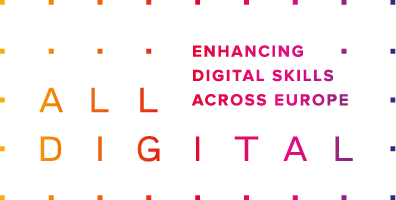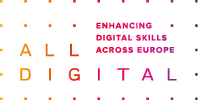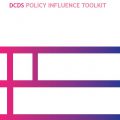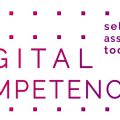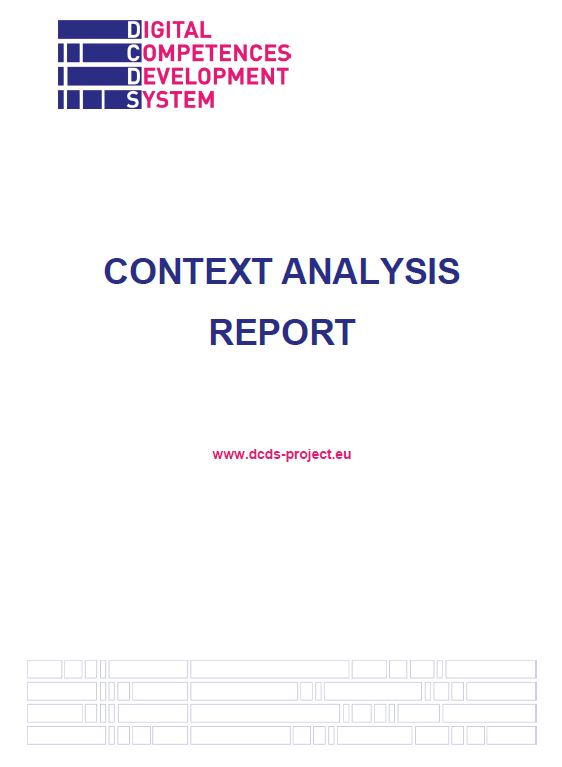
30 Nov Context Analysis Report for Digital Competences Development System
30 Nov, 2018
What is the profile of those EU citizens who are at risk of digital exclusion and what are the key motivation drivers for them to enroll in a digital upskilling pathway?
These are the two principal questions that the partners of the DCDS (Digital Competences Development System) project have tried to answer involving policy makers, educational experts and digitally low-skilled adults in a series of focus groups carried at national level in Italy, Romania, Latvia, Greece and Spain during the first 5 months of the project in 2018.
As a result, the report does not only represent the main contextual basis for the development of the Digital Competences Development System, but also provides an interesting and updated European overview on digital training needs and strategies for adult learners.
Among other relevant factors, the capacity of DCDS in providing certification of the acquired competences (in an integrated way with the already existing systems and practices) is validated by public authorities and recognized by the private sector. This capacity is considered as the most important issue for the wider acceptance of the system and especially for its sustainability.
Finally, the current situation shows that, in all partner countries large segments of the population are at risk of social exclusion due to the lack of digital competences. Within this framework, the sustainability of DCDS can be guaranteed by finding a balance between priorities (scenarios: job context, daily activities, etc.), actual material resources, adults’ motivation, and the services/products (self-assessment, blended course, certification) provided by the project.
With four out of five partner countries below the European average score in the DESI 2018 ranking, the DCDS project represents not only an important opportunity for the organisations and the stakeholders who will be finally involved in the local pilots, but also an interesting experimentation for all those active in the promotion and implementation of e-inclusion of all Europe.
